Sport
If there is anything Burkina Faso and all African nations can learn from the recent conflict surrounding Iran’s nuclear programme, it is that the West and its allies will do anything to prevent a Third World nation from pursuing a nuclear programme.
Yahya Habil
In September 2024, Burkina Faso signed a memorandum of understanding with the Iran’s Atomic Energy Organisation in order to deepen cooperation in nuclear research and training.
This agreement signaled new, nuclear aims held by Burkina Faso, marking an unprecedented step for the country.
This is the same country which underwent a military coup in 2022, and saw the toppling of its then Western-backed government, which ultimately resulted in the eviction of the French military bases that were stationed there.
Thus, Burkina Faso’s novel aims are no coincidence, as its anti-imperialist stance pushes it to seek more political freedom away from Western influence.
Burkina Faso knows very well that one of the ways through which it can stand up to Western influence is boasting sufficient and deterrent military strength.
However, just as it can see nowadays what befell Iran, Burkina Faso knows or at least should know that pursuing such a nuclear programme will not be a walk in the park.
In fact, if there is anything Burkina Faso and all African nations can learn from the recent conflict surrounding Iran’s nuclear programme, it is that the West and its allies will do anything to prevent a Third World nation from pursuing a nuclear programme.
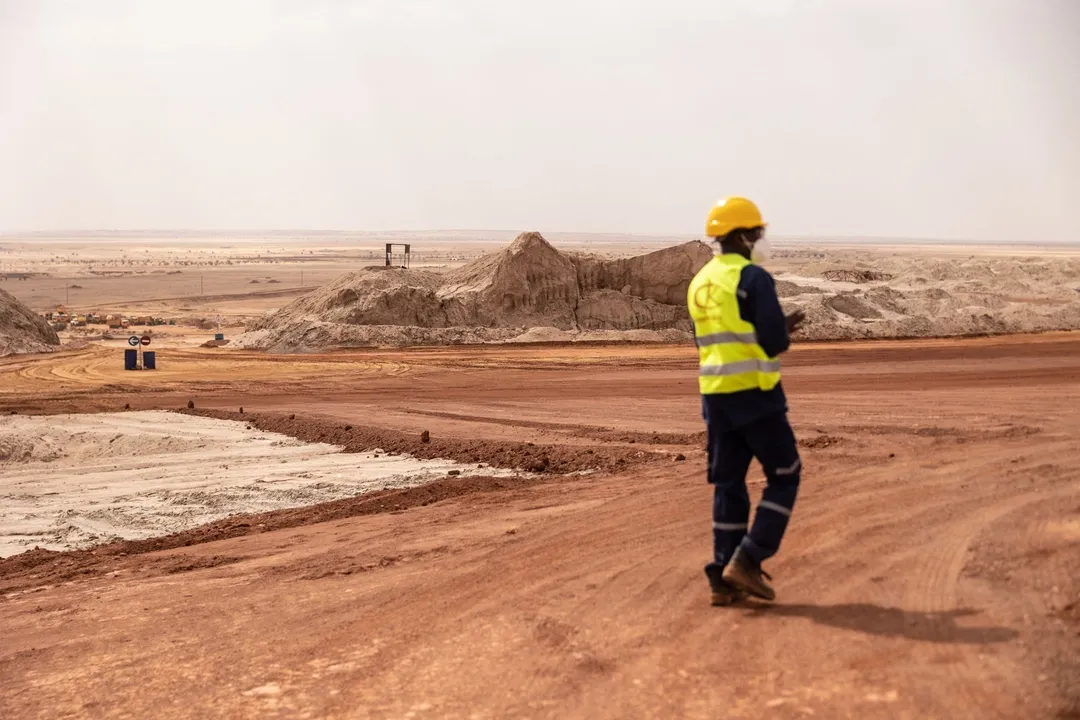
Existential threat?
The Iranian nuclear programme has been a prime example for this. Iran has always insisted that its nuclear programme is for peaceful purposes and not for weapons.
However, Israel, the United States, and by extension the entirety of the West, have been very insistent on ridding Iran of its nuclear programme and ambitions.
This is not because of their public claims that “Iran is the number-one state sponsor of global terrorism” and that it pususes a nuclear weapon agenda.
It is actually due to the fact that Iran is a Middle Eastern Islamic nation, which is only around a thousand kilometres away from Israel.
Allowing Iran to advance its nuclear programme and eventually develop a nuclear weapon would, in Western eyes, pose a potential, existential threat to Israel.
One might wonder what this has to do with Burkina Faso and African nuclear ambitions.
After all, Burkina Faso is nowhere near Israel. In addition, one might add that proximity to Israel is the only reason hampering Iran’s nuclear ambitions, as Iran being an Islamic or ‘Third World’ nation cannot be a factor since Pakistan, another Islamic and ‘Third World’ nation, is believed to possess even more nuclear warheads than Israel itself!
However, leaning on the Pakistani case as a counter argument makes for a weak one. This is because the Pakistani case is a very unique one.
Pakistan was most probably allowed a nuclear weapon in response to India having developed one.
Western interests lied in ensuring that Pakistan remained a strategic deterrent to India, which was supported in its nuclear programme by the Soviet Union, its strategic ally at the time.
However, now that the Soviet Union is long gone, and India is now an ally of the West, the West no longer sees any use to Pakistan’s nuclear power.
Nevertheless, another argument could be that South Africa, was previously able to develop a nuclear weapon, and thus, it would be not impossible for an African country to develop one now.
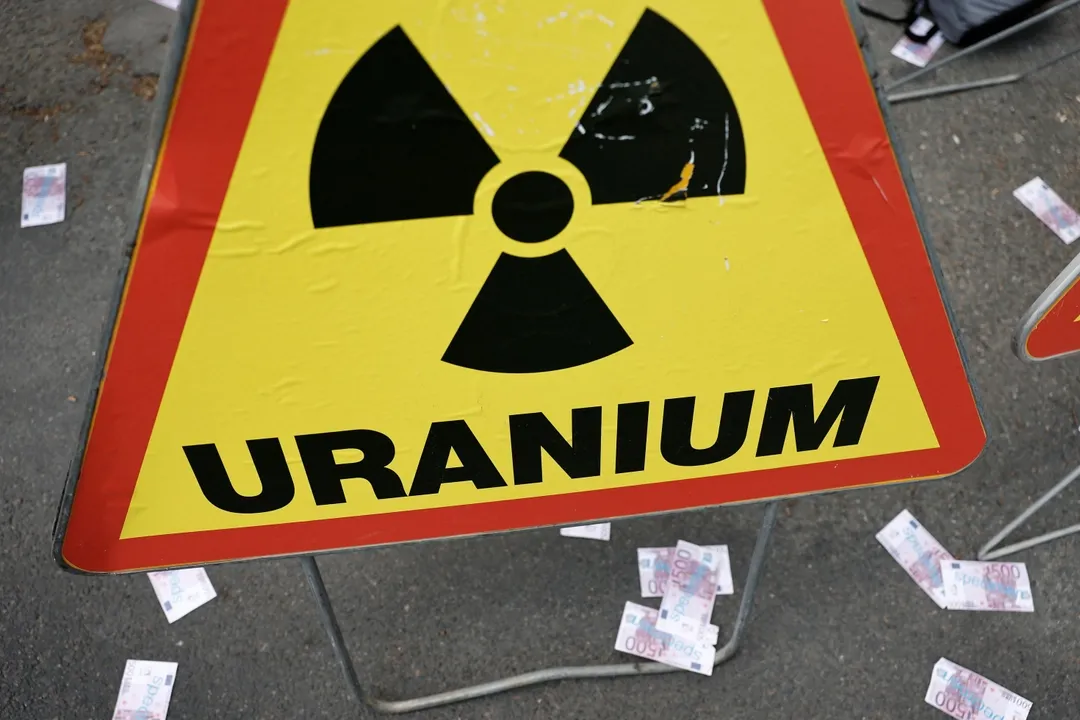
South Africa’s erstwhile nuclear
Although it is true that this would not be impossible, it would surely prove to be extremely difficult, and to gauge whether this holds true or not, one must ask why South Africa’s nuclear programme had been dismantled right before the apartheid rule was abolished.
This was a good calculation on the part of Western powers, as what they had feared back then turned out to be true.
Today, the South African government is among Israel’s sharpest critics, and it is the one that took Israel to the ICJ on accusing Tel Aviv of committing genocide against Palestinians in Gaza.
What can be understood from all of this is that no African country will have it easy if it plans on establishing a nuclear programme. It will have to fight its way through.
After all, no African country enjoys all the prerequisites North Korea does, that is being far from Israel, non-Islamic, and not part of the ‘Third World’.
These three prerequisites, along with the USSR’s help, enabled North Korea to successfully develop a nuclear weapon.
However, the bittersweet reality is that African countries should not be in a position to worry about that.
African countries, be it Burkina Faso or other ones, should not count on nuclear ambitions for decades to come, but should instead be busy with what they currently need the most - education and human development.
The author, Yahya Habil, is a Libyan freelance journalist focusing on African affairs.
Disclaimer: The views expressed by the author do not necessarily reflect the opinions, viewpoints and editorial policies of TRT Afrika.
Comments
No comments Yet








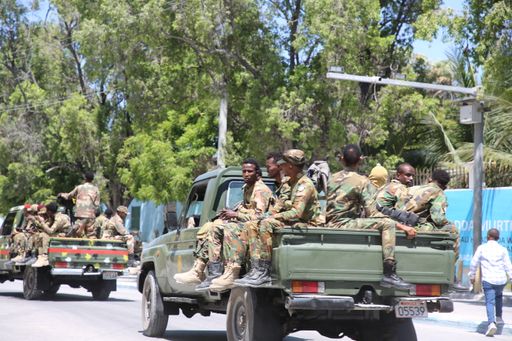
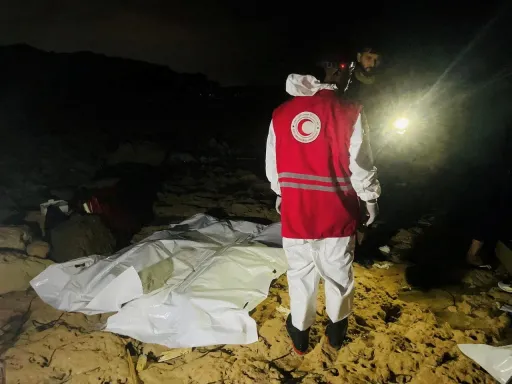
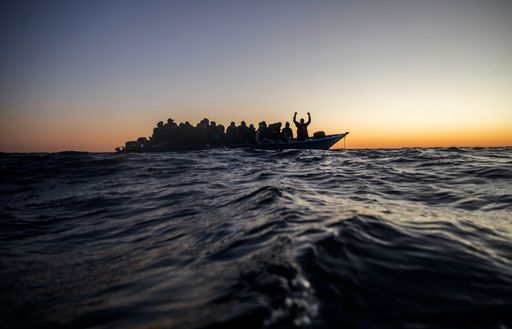
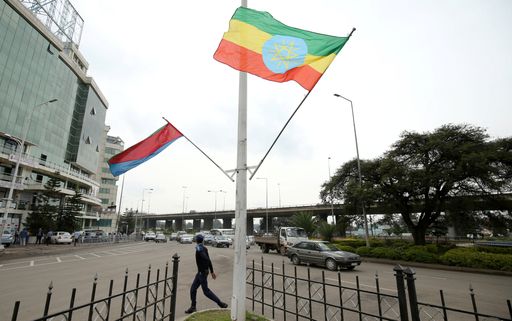








Comment